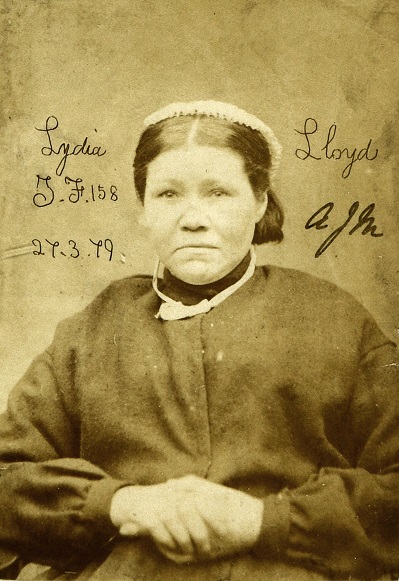15 September 2017
|
Follow the lives of people convicted and transported to Australia or imprisoned in Britain using a vast, new, free online resource the Digital Panopticon website.
Follow the lives of people convicted and transported to Australia or imprisoned in Britain using a vast, new, free online resource the Digital Panopticon website.
The site draws on over four million records to allow users to uncover how punishment affected the lives of 90,000 individuals convicted of crimes at the Old Bailey between 1780 and 1925, including those uprooted by the UK criminal justice system to carry out their sentence in the British Empire’s then newly established penal colonies in Australia.
Follow us on facebook
Follow us on twitter
Sign up for our free e-newsletter
Discover Family Tree magazine
By providing a wide range of search fields, including name, year and place of birth, criminal record, height, eye and hair colour, among others, it is possible to compare the impact of transportation and imprisonment on reoffending, desistence, family lives and health.
The free website also allows users to search by group, such as those convicted of a certain crime, and then download entire data sets for analysis.
![]() New discoveries about British convicts
New discoveries about British convicts
Researchers have discovered that:
• Many convicts did not serve their punishment, including many sentenced to transportation who never left Britain
• British convicts that were transported to Australia tended to desist from offending once married with children
• Children born to transported convicts were healthier and taller than those born to convicts imprisoned in Britain
• A dramatic increase in record-keeping during the 19th century became a new form of state control over the criminal
Project lead, Professor Barry Godfrey, a social historian at the University of Liverpool, said: “The amount of information is staggeringly huge, it’s a resource the likes of which we have never had before.
“It is one of the largest genealogical resources and one of the first to catalogue in chronological order so users can follow the whole life of a person.”
Tim Hitchcock, Professor of Digital History at the University of Sussex, added: “The Digital Panopticon helps us understand history from below in a new way – from the perspective of the hundreds of thousands of working people caught up in a global system of policing, punishment and empire.
“The material reveals the lived experience of trial and imprisonment. It really does change our understanding of the history of criminal justice, particularly the importance of both the criminal trial and plea bargaining to the system’s evolution.”
About the Digital Panopticon Project
The website forms part of the wider Digital Panopticon project, funded by the Arts and Humanities Research Council (AHRC), and has been developed by the University of Liverpool, University of Sheffield, University of Oxford, University of Sussex and University of Tasmania in Australia. The technical work, including data assembly, record linkage, and website creation was carried out by the Digital Humanities Institute at the University of Sheffield.
The new resource also includes data from genealogy sites Find My Past and Ancestry, as well as the National Archives and record collections in Australia. Users of the Digital Panopticon are able to see if additional materials related to their research are available in these external sources.
Visit the website.
(Images from top: Mark Jeffrey, ALMFA, TAHO: SD_ILS:613028; Lydia Lloyd The National Archives UK ref. PCOM4/71/6 (image 00001)






 New discoveries about British convicts
New discoveries about British convicts
